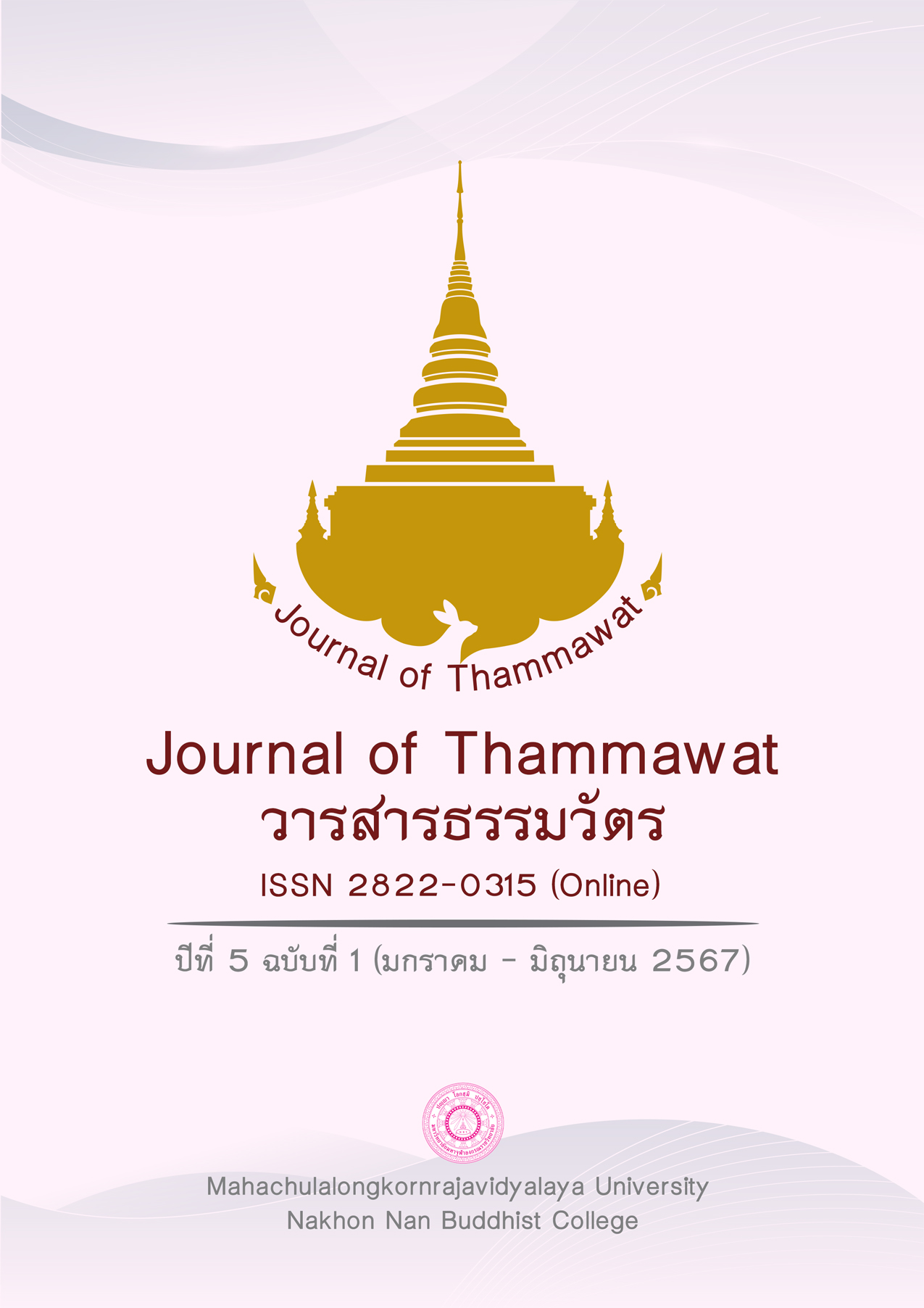Colonization System: Development of Ethics in Public Administration
Main Article Content
Abstract
Government organizations were places where both direct and indirect benefits were combined for operators and those involved from the evolution of the urban food system until the development of the prevention system to control the performance of duties in accordance with the law and morality, from improving the bureaucratic structure to decentralizing power into the central, regional, and local areas in the form of legislation and various mechanisms from the constitution to independent organizations. It points out the perspective of the process of developing ethics in public administration from the past to the present that still had traces of the use of power and authority to seek benefits from misconduct and points to internal and external interactions. Government organizations regarding conflicts of interest between each other. Therefore, this system was difficult to change in driving the country's development management process, because, it was trapped in the cultural trap of a bureaucratic system with many titles and prestige coupled with power and prestige that spreads in all directions to the point where legitimacy could be developed with oneself and one's friends. In this article, we therefore presented a perspective on determining the work style of government organizations under the framework of work ethics to be used as a way of conduct and as a mechanism for controlling and inspecting work results to ensure efficiency. According to the policy intent to guarantee internationalism and to create acceptance on the world stage, the results of implementation and failure were due to misconduct that is currently visible on social media and under the waiting carpet. Much has been revealed to shed light on the results of reform and how to shape its future direction.
Article Details

This work is licensed under a Creative Commons Attribution-NonCommercial-NoDerivatives 4.0 International License.
References
Chantharanson. V. (1991). Toward 100 years of Thai civil service reform: the past, present, and future of reforming ministries, bureaus, and departments. Thai Journal of Development Administration. Vol.31 (1), 1-29.
Chayachindawong. P. & Thamadisai. T. (2007). Ethics and Thai government officials. Executive Journal. Vol.27 (3), 34 – 37.
Highland Research and Development Institute (Public Organization). (2023). Interesting Legal Articles: Bribes and Conflicts of Interest. Retrieved October 1, 2003. From https://www.hrdi.or.th/InternalRules/Detail/1480
Inon. P. (2010). Urban eating. Office of the Royal Society. Retrieved October 1, 2003. From http://legacy.orst.go.th/?knowledges
King Prajadhipoks Institute. (2002). Thailand's independent organizations and related laws. Nonthaburi: King Prajadhipoks Institute.
Nakpattharapong. N., Sunyavivat. S., & Bunnag. P. (2012). The Tesapibal Countries Administrative Management in the Reign of King Chulalongkorn. Journal of Behavioral Science. Vol.18 (2), 140-154.
Sattayanurak. A. (2022). The change of thoughts/emotion about “Integrity” in Thai society. Under the strategic target plan (Spearhead) in the social aspect. Thai people 4.0 plan. National Research Council of Thailand (NRCT). 1-36.
Songklin. P. (2020). Ethics in Public Administration for the 21st Century. Mahasarakham: Aphichatkanphim.
Vattana. S. (2013). Morals and ethics of public administration. Damrong Rajanuphab Journal. Vol.14 (49), 36-44.


